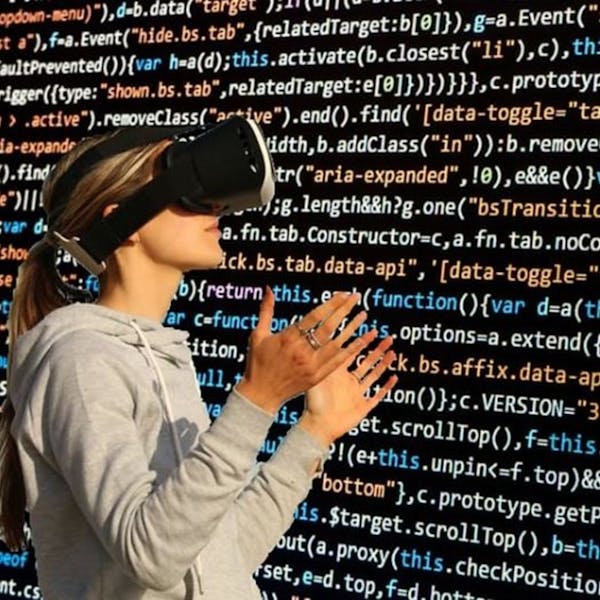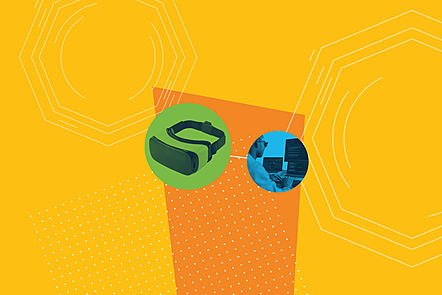Description
The course is intended for people who are new to virtual reality as a medium. You may have had some previous experience with virtual reality and may have some hardware- but this course is appropriate for those who have never experienced VR and do not have much hardware- we will explain Mobile VR as well as devices such as the Oculus Rift and HTC Vive.
Syllabus :
1. Virtual Reality- Hardware and History
- What is VR and How is it Different from Other Media?
- Displays | CAVE and HMDs
- Head Tracking
- Controllers
- Choosing your VR Device
- HMD | Oculus Rift
- HMD | HTC Vive
- HMD | Sony PlayStation VR
- HMD | Mobile VR | Google Cardboard and Samsung Gear
- CAVE VR Systems
- VR in the Analogue Age
2. VR Applications
- Introduction to the VR Technical Framework
- 360 Video and Model Based VR
- Being Someone Else
- Sports
- News and Documentary Films
- Scientific Data Visualisation
- Medical Training
- Physical Rehabilitation and Psychotherapy
3. The Psychology of VR: the Three Illusions
- A Brief History of VR
- Levels of Immersion in VR Systems
- Sensorimotor Contingency (SC)
- Sensorimotor Contingency in VR
- Why Do We Need Immersive VR?
- Introduction to the Three Illusions
- Introduction to Place Illusion (PI)
- Does Immersion Cause PI?
- Introduction to Plausibility Illusion (Psi)
- Necessary Conditions for Psi
- Break of Presence
- Presence, Immersion, PI, and Psi
- The Pinocchio Illusion
- The Rubber Hand Illusion
- Psychological Effects of Embodiment Illusion
- Visual-Tactile and Visual-Motor Synchrony
- The Technical Setup of VR Embodiment
- Changes in Attitude, Behaviours, and Cognition
- Self-Counselling and Treating Depression
- Comparing CGI and 360 Video
- The Future of Embodiment in VR
4. Challenges in Virtual Reality
- Realism | Graphics
- Realism | Animation
- Navigation
- Nausea
- Meeting Other People







